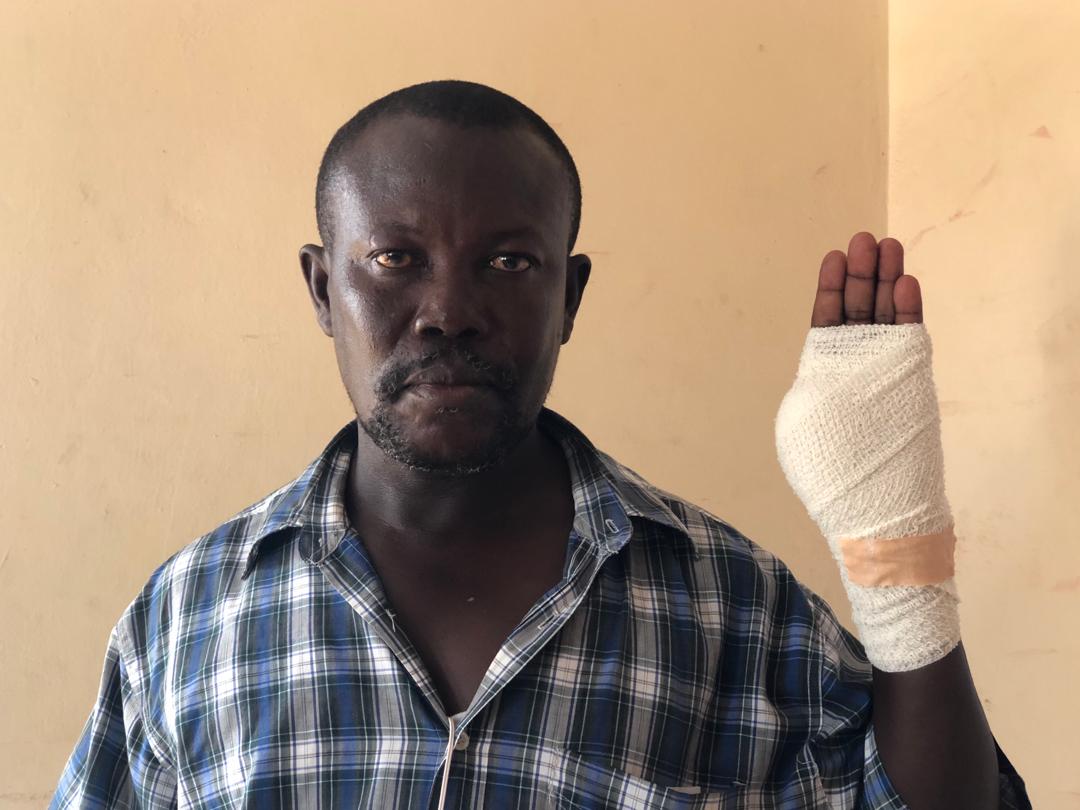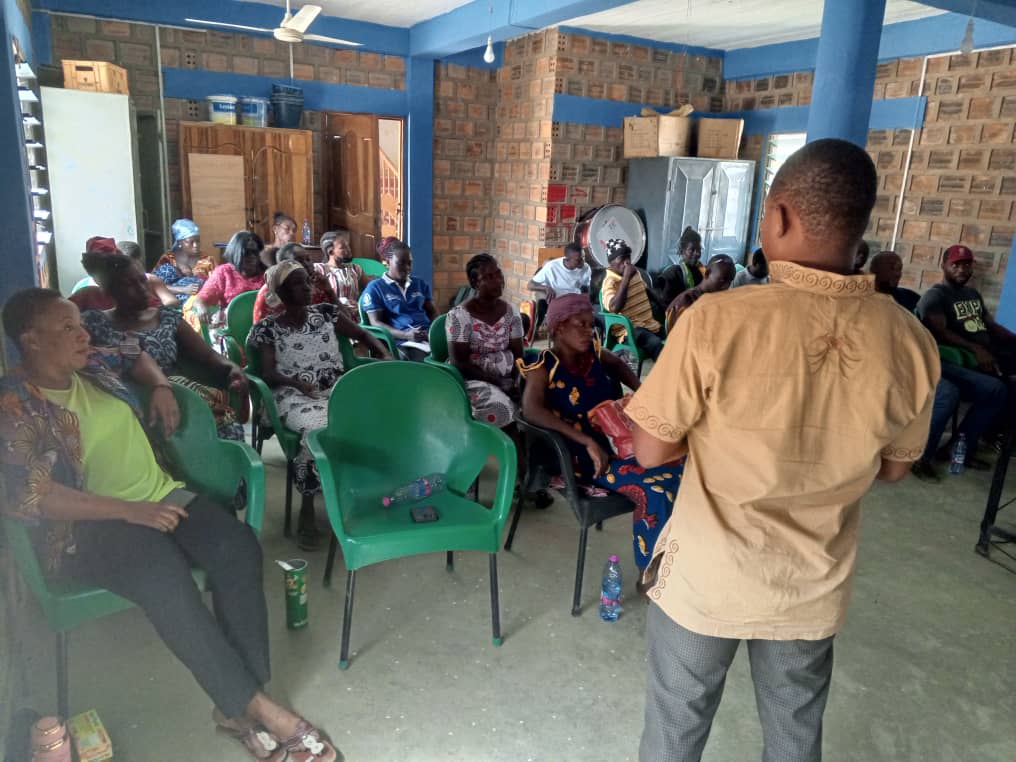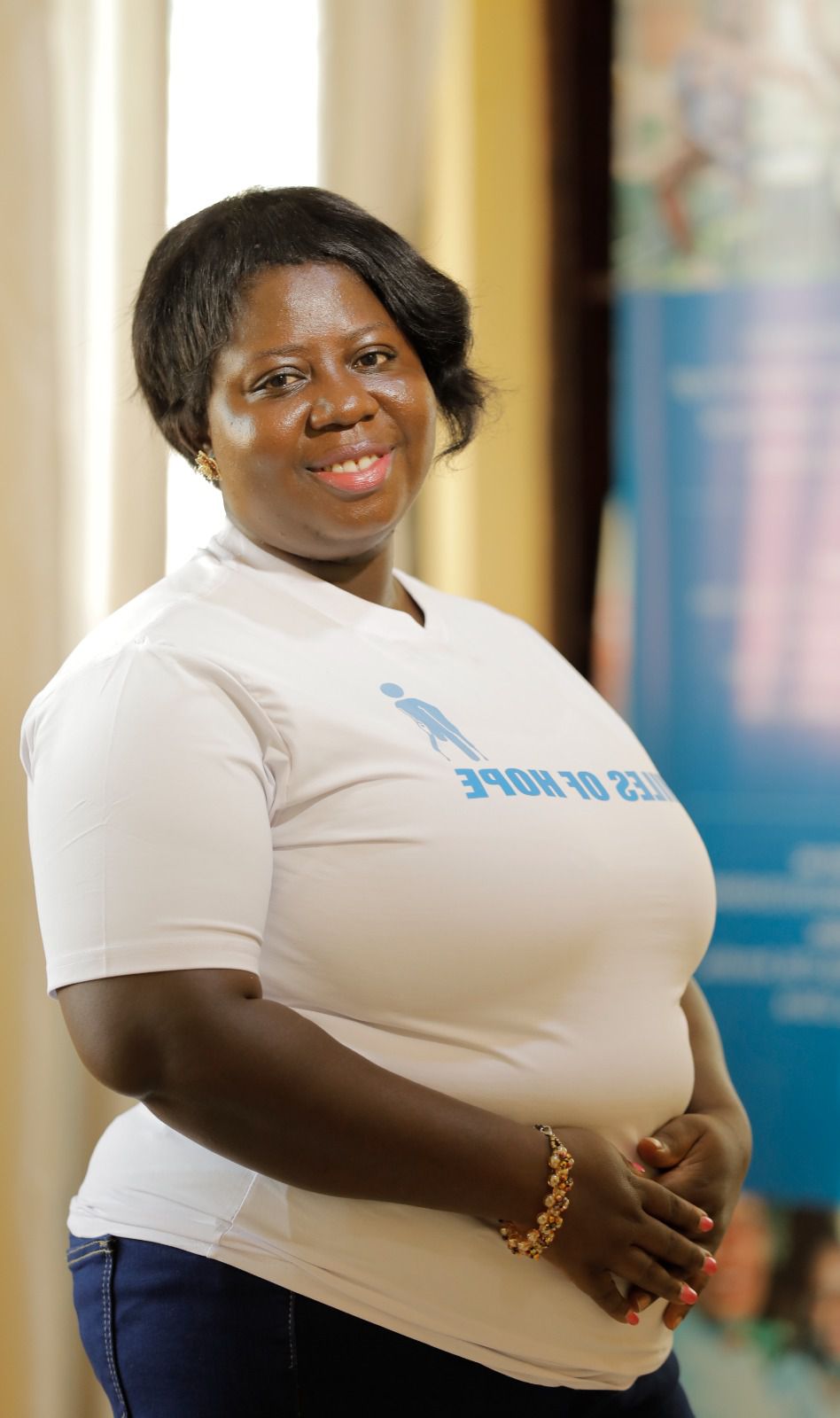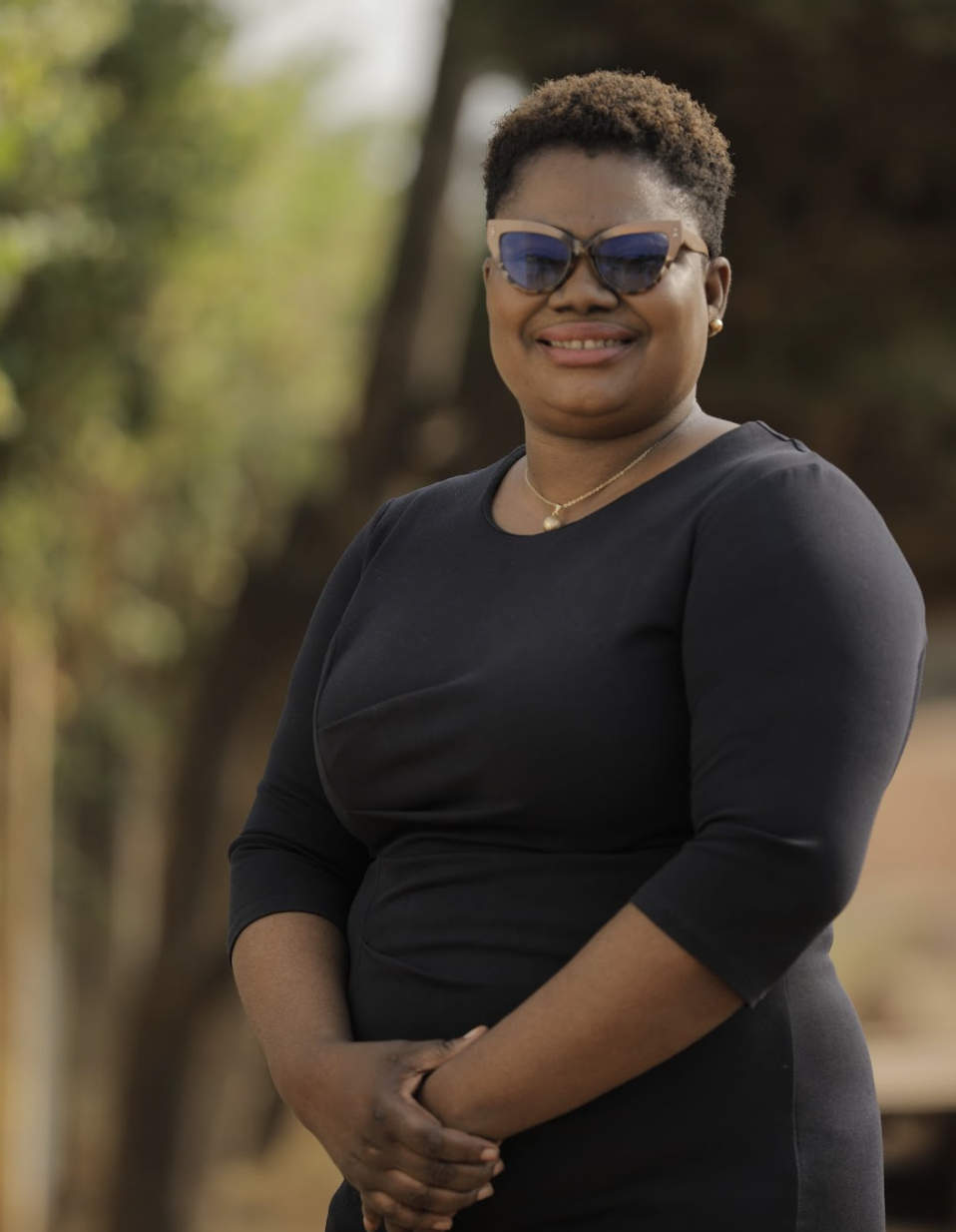

 Globally, nearly half of all smallholder farmers are women, yet they own less than 20 percent of the world’s land, according to the World Economic Forum.
Globally, nearly half of all smallholder farmers are women, yet they own less than 20 percent of the world’s land, according to the World Economic Forum.
In sub-Saharan Africa, the Food and Agriculture Organization (FAO) reports that only 32 percent of women own agricultural land compared to 43 percent of men.
In Ghana, women make up 52 percent of the agricultural labour force and contribute 70 percent of food crop production, according to the Friedrich-Ebert-Stiftung. Yet, they face significant disparities in access to land, credit, technology, and training.
The FAO revealed in 2023 that women-managed farms produce 24 percent less than men’s, largely due to these disparities. Closing the gender gap in agriculture could lift 45 million people out of food insecurity and add nearly $1 billion to global GDP.
But in northern Ghana, entrenched traditions continue to restrict women’s access to land, limiting their potential and threatening national food security.
Personal struggles
Dorcas Taawan, a 32-year-old smallholder farmer in Bunbon, Yendi Municipality, cultivates soybeans and groundnuts to support her family. Her farming dreams, however, are constantly thwarted by land insecurity.
“My first chance at farming came when my husband allowed me to use part of his land. After a good harvest, he denied me access the following year,” she recalled.
Dorcas later secured land from a neighbour and ploughed 12 acres. But just before planting, she was told not to return. Her investment was lost, and no compensation was given.
With her husband now incarcerated, Dorcas struggles to care for her children, relying on menial jobs to survive. “You can’t even challenge such treatment,” she said. “If you do, you risk being labeled a witch.”
Legal promises vs customary barriers
Ghana ratified the Convention on the Elimination of All Forms of Discrimination Against Women (CEDAW) in 1986, which mandates equal access to land and resources. National policies also support gender equity in land ownership.
Despite this, customary practices, especially patrilineal inheritance systems in the north, continue to deny women land rights, even when they are first born children. Over 30 years since ratifying CEDAW, many rural women still struggle for land, undermining Sustainable Development Goal 2; which is meant to end hunger and promote sustainable agriculture.
Expert views
Hajia Alima Sagito Saeed, Executive Director of the Savannah Women Integrated Development Agency (SWIDA-Ghana), noted that denying women land access drives rural poverty.
“You can’t fight domestic violence or abuse if women’s economic rights, especially through agriculture, are not protected,” she stressed. “Without equitable land access, food security will remain a dream.”
Blessilla Na-afoe Akandoh, a women’s rights advocate, emphasized that empowering women with land directly impacts nutrition and child welfare.
“When women control their resources, they invest more in their children’s health. Restricting land access, contributes to high malnutrition rates, especially in Northern Ghana,” she said.
Traditional leaders weigh in
Mr Yabdow Neindow, Chief of Nabela, admitted that traditional land practices need review.
“We’ve not made a conscious effort to support women’s land rights. Given their role in agriculture, they deserve legal and customary backing,” he said, warning of future food crises if the status quo persists.
Mr Joseph Binan, Chief of Laachoom, East Mamprusi Municipality, says. “Supporting women to farm is not enough. We need enforceable legal frameworks for inclusive agriculture.”
Socio-economic impact
Mrs Bushira Alhassan, Acting Northern Regional Director, Department of Gender, Children, and Social Protection, warned that denying women land poses serious risks to development.
“It’s a missed economic opportunity that perpetuates poverty,” she said and called for better implementation of land policies.
The way forward
Solving the land access problem for women requires more than legislation—it demands a cultural shift.
First, government, traditional leaders, and civil society must collaborate to challenge harmful norms and enforce women’s land rights.
Second, Article 18 of Ghana’s Constitution, which guarantees the right to own property, must be fully enforced for the benefit of women.
Besides, local authorities should adopt community regulations to allocate land fairly and timely to women.
In conclusion, empowering women with secure land access is more than justice—it is essential for building a food-secure, inclusive, and resilient Ghana.
By Solomon Gumah
Source: GNA
The post Trapped by tradition: Struggles of women farmers for land justice in northern Ghana appeared first on Ghana Business News.
Read Full Story




















Facebook
Twitter
Pinterest
Instagram
Google+
YouTube
LinkedIn
RSS